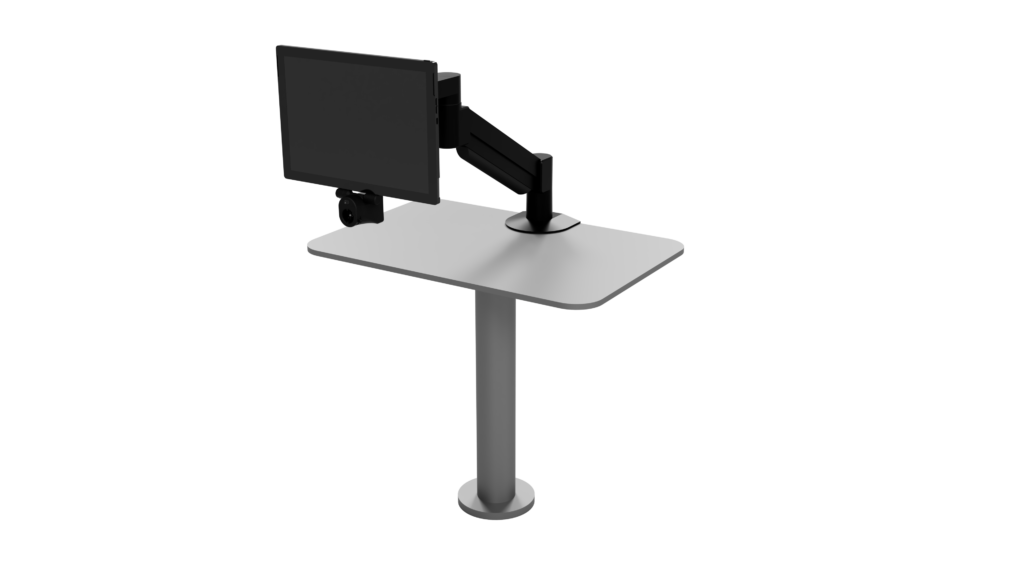Studies show that, before any other cognitive symptoms appear, Alzheimer’s patients develop signs of eye movement impairment. In the very early stages of Alzheimer’s these people show the inability to direct their gaze in the correct direction. Eye tracking tests can reveal this sign of dementia.
In a new study, researchers used these eye tracking tests to detect mild cognitive impairment (MCI) subtypes. MCI is a small decline in reasoning and memory that is not serious enough to impede daily activities. However, it can be noticeable to the person experiencing it. Alzheimer’s disease often evolves from MCI.
The two subtypes of MCI are amnesic (aMCI) and nonamnesic (naMCI). aMCI impairments mostly affect memory, while naMCI impairs other cognitive skills. Patients with aMCI have a much higher risk of Alzheimer’s than those with naMCI.
The study included 42 people with a diagnosis of aMCI, 47 people with naMCI, 68 people who had been diagnosed with Alzheimer’s disease, and 92 age-matched controls who had been given a clean bill of cognitive health.
Researchers asked the study participants to complete antisaccade tasks, which are computer-based tasks where the participants must avoid looking at a distancing stimulus (for example, a dot appearing at sporadic points on the screen).
An eye tracker with a 500 Hertz sampling technology was used to calculate the “antisaccade error rate,” which is the total number of times that a patient failed the task by looking at the stimulus.
The study showed that participants who had aMCI could be distinguished from those with naMCI from their eye tracking results. In fact, the results of those participants with aMCI very closely resembled the participants who had full blown Alzheimer’s.
The authors of the study concluded that: “The work provides further support for eye tracking as a useful diagnostic biomarker in the assessment of dementia.”
November is Alzheimer’s Awareness Month, a time to raise awareness about this disease that affects more than 6.2 million Americans. Learn how you can show support and fight Alzheimer’s disease here.
Internationally trusted and locally loved, our Eyegaze Edge® continues to be the device of choice by locked-in users and their SLPs. Learn more about our life-changing product here.

